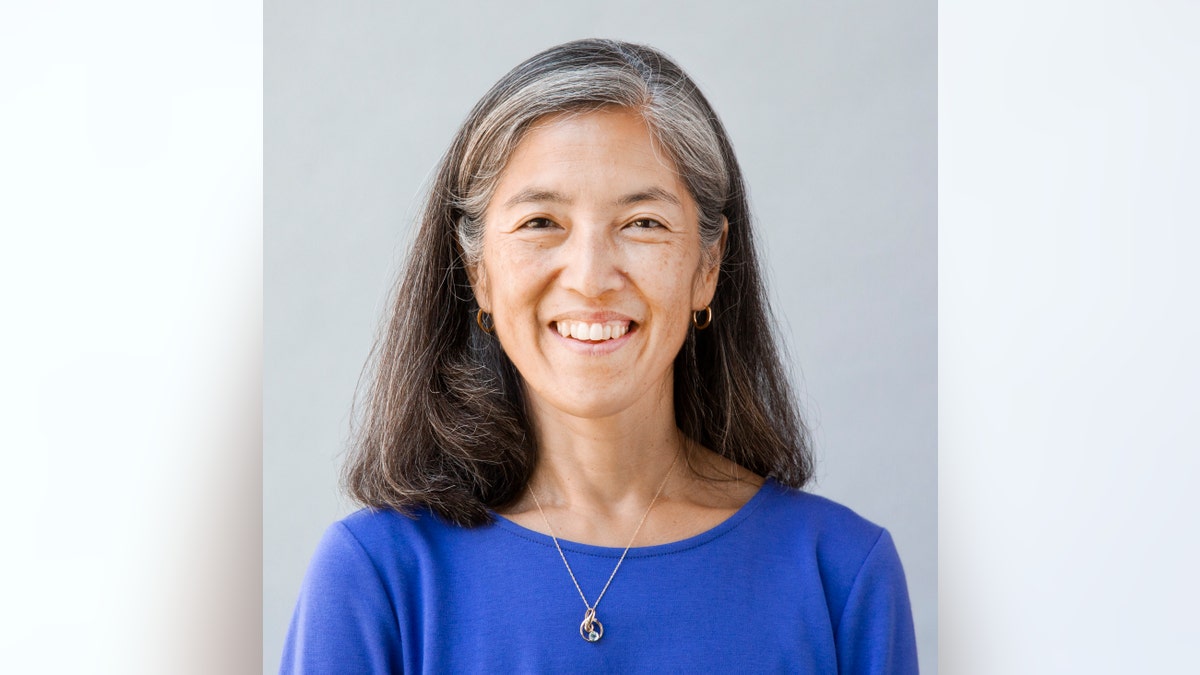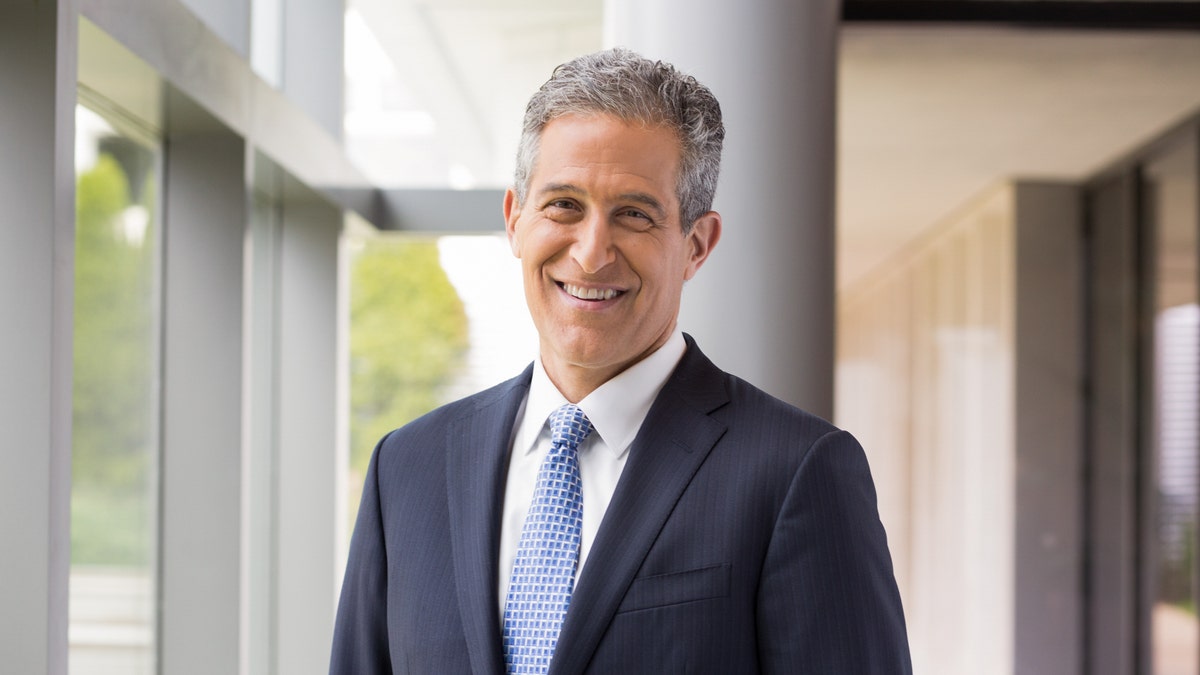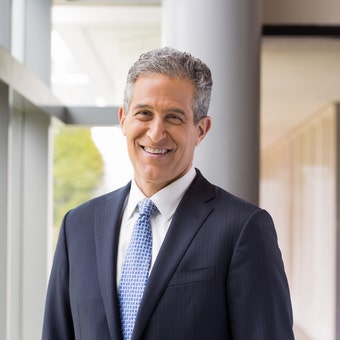Dr. Siegel says US 'needs' vaccine compliance going into spring
Dr. Marc Siegel discusses importance of vaccinations as New York reports first case of Brazil COVID variant.
With millions of vaccinations happening every day in the U.S., and millions more on the horizon, people have understandably been asking a lot of questions about the COVID-19 vaccines.
Are they safe? Do they work? Were they rushed? Do we know the long-term health impacts? Will the vaccine change my life for the better?
As pediatricians who have spent our entire careers in medicine and public health, you would think that these questions are ones we have answered.
DR. MARC SIEGEL: COVID, THE VACCINE AND YOU – A DOCTOR'S ADVICE AFTER BIDEN'S ADDRESS
Truth is, they are the ones we have asked as well as answered.
Each of us recently received our first dose of COVID-19 vaccine. We walked in confident and walked out relieved.
Getting these shots will protect us, our families, friends and neighbors, and put us closer to the goals we all share: the return to the people and activities we all love and miss, reopening our workplaces, and frequenting the businesses in our communities. Suffice it to say, the dates for our second shots are circled on our calendars.
CLICK HERE TO SIGN UP FOR OUR OPINION NEWSLETTER
We did not, however, arrive at our decisions based on blind faith. Like many people across the country, we had questions that needed to be answered to our satisfaction before we were ready to recommend these vaccines to our patients, families and friends – and before we were ready to roll up our own sleeves. We, too, at one point, had a healthy dose of skepticism.
That’s how it should be. Science, after all, is built on a foundation of inquiry. Every medical breakthrough in human history started with someone asking hard questions, investigating new approaches, experimenting with different ideas, or developing unique technologies.
More from Opinion
- Liz Peek: Biden's border crisis – here's who this disaster hurts most and who might benefit
- Dr. David Gortler: The FDA under Biden – here's how drug safety, public health issues are being compromised
- Arthur Herman: Message to DeSantis – civics important but here's what we really need to teach our kids
We both went into pediatrics because we care deeply about children and their families and we recognize that preventing illness is always better than treating it. We have each sat with parents who want the best for their children and would do anything to help them lead the healthiest life possible.
Those same parents, however, also had legitimate questions about which vaccines were right for their children and whether and when their children should receive them. Asking those questions and getting satisfactory answers isn’t just a parent’s right, but an obligation.
We learned from those experiences that trust in science, medicine and public health is earned. We took time to listen to parents and families – sometimes for hours on end, often long after an appointment time had passed – to hear their concerns, understand their perspectives and address their questions.

Robert Wood Johnson Foundation Executive VP, Julie Morita, M.D.
We had to do our homework, too, in understanding the recommendations we would make, such as whether a vaccine was safe or a certain medication was right for their child. We recognized that trust was built on a willingness to say what was not yet known as well as what was known. We grounded these conversations in respect, not judgment. After all, we were on the same team.
Each vaccination brings us a step closer to the full and unrestrained reopening of our schools, businesses and places of worship.
We need to take the same approach with COVID-19 vaccines.
Too often, those who have questions or concerns are dismissed as uncooperative or uncaring and people cast aspersions on their politics, beliefs or values. We do so at our peril. We have seen firsthand over the past year how the coronavirus can thrive among our nation’s deep divisions and flagging trust.

Dr. Richard Besser, president and CEO of the Robert Wood Johnson Foundation.
Like millions of others, we sought out our own trusted sources of information about COVID-19 vaccines. What we do know gives us considerable hope and comfort.
Are they safe? Yes. The three vaccines authorized for emergency use in the United States enrolled more than 100,000 people combined across their largest clinical trials. The most common side effects – such as a sore arm, headaches or fever – are mild and temporary, while severe allergic reactions are exceedingly rare. Although the FDA approved the use of these vaccines, they have required ongoing monitoring to make sure that any potential rare side effects are detected. To date, no serious side effects have been documented.
Do they work? Yes. More than 124 million COVID-19 vaccine doses have been administered in the United States. The largest real-world study to date on the Pfizer vaccine has found that it is at least 97% effective against COVID-19 symptomatic cases and 92% effective against severe disease. Incredibly, these are some of the most effective vaccines ever developed.
Were they rushed? No. Operation Warp Speed was a historic success, and the speed with which COVID-19 vaccines were developed via this public-private partnership is unprecedented. Importantly, though, safety was paramount throughout all phases of the development and review processes.
Pfizer, Moderna, Johnson & Johnson and other companies were able to create these vaccines in record time because of advances in technology, laboratory work over a period of decades, the infusion of significant research funding, and the brilliance of our best scientists. This is a great example of cutting red tape, not cutting corners.
Do we know the long-term health impacts? Not yet, but studies to that effect are ongoing, as is the norm with any new vaccines. We can say that the long-term health effects of COVID-19 are significantly worse than any known side effects associated with the vaccines. Each of us must weigh the known risks from COVID against any vaccine fears.
Will the vaccine change my life for the better? Yes. We’re already seeing – slowly but surely – the first steps toward normality. People who are fully vaccinated are beginning to enjoy, safely, more of the activities they’ve missed for the past year. Grandparents who are vaccinated are able to hug their grandchildren.
The United States still has a ways to go before we can collectively breathe easier, but each day, each vaccination brings us a step closer to the full and unrestrained reopening of our schools, businesses and places of worship.
We understand that people with different life experiences and different concerns will have their own questions, and we respect that. Based on our collective experiences as physicians, we believe strongly that all people in the United States and around the world should get vaccinated against COVID-19 when it’s their turn. The vaccines are safe and effective, and each shot brings us closer to ending this pandemic.
But don’t take our word for it.
Talk to the people closest to you whom you trust, whether your doctor, your faith leader, your family and friends. Reach out to those who will give you time and space because they have earned your trust and confidence.
CLICK HERE TO GET THE FOX NEWS APP
And remember that asking hard questions makes us healthier. It makes us stronger. It makes us better.
It makes us American.
CLICK HERE TO READ MORE BY DR. RICHARD BESSER
Julie Morita, executive vice president of RWJF, was a commissioner for the Chicago Department of Public Health and served on the Biden Transition COVID-19 Advisory Board in a personal capacity. Follow her on Twitter: @DrJulieMorita




